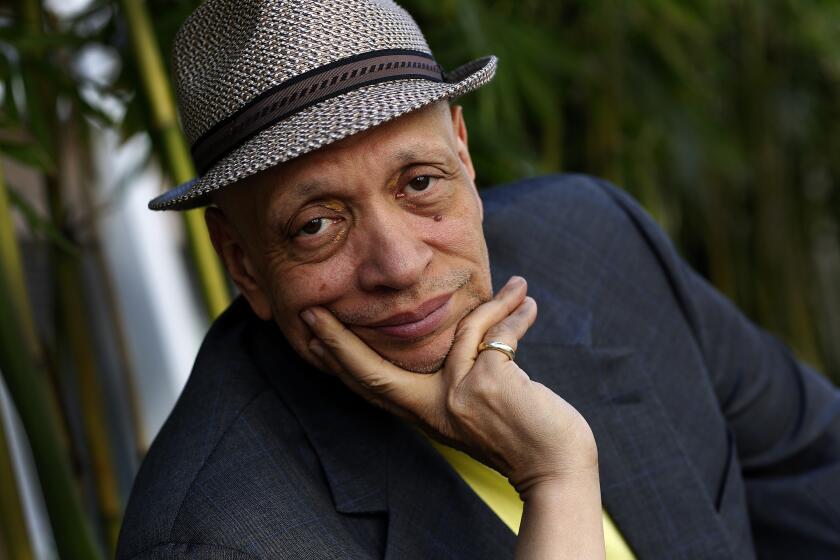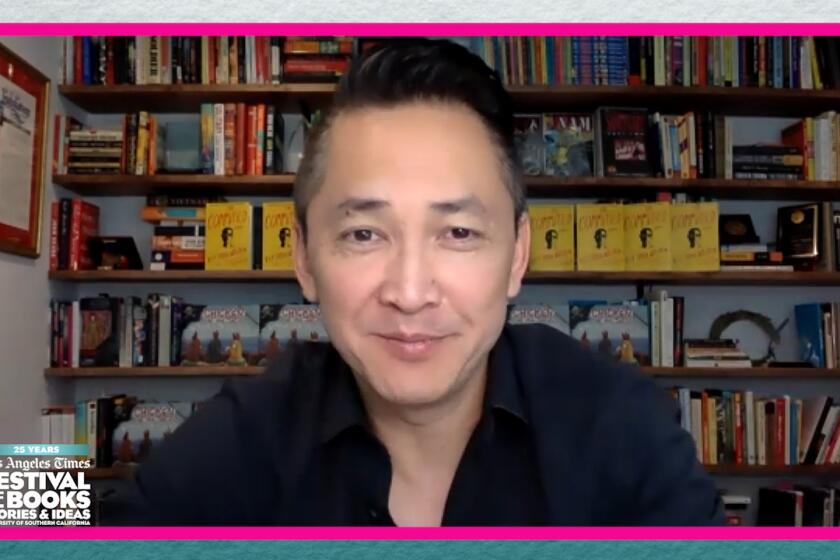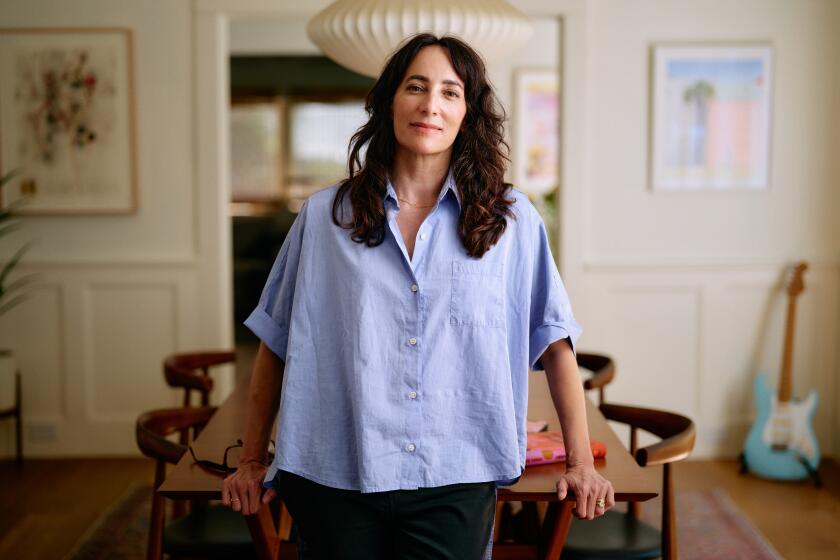10 books to add to your reading list in October
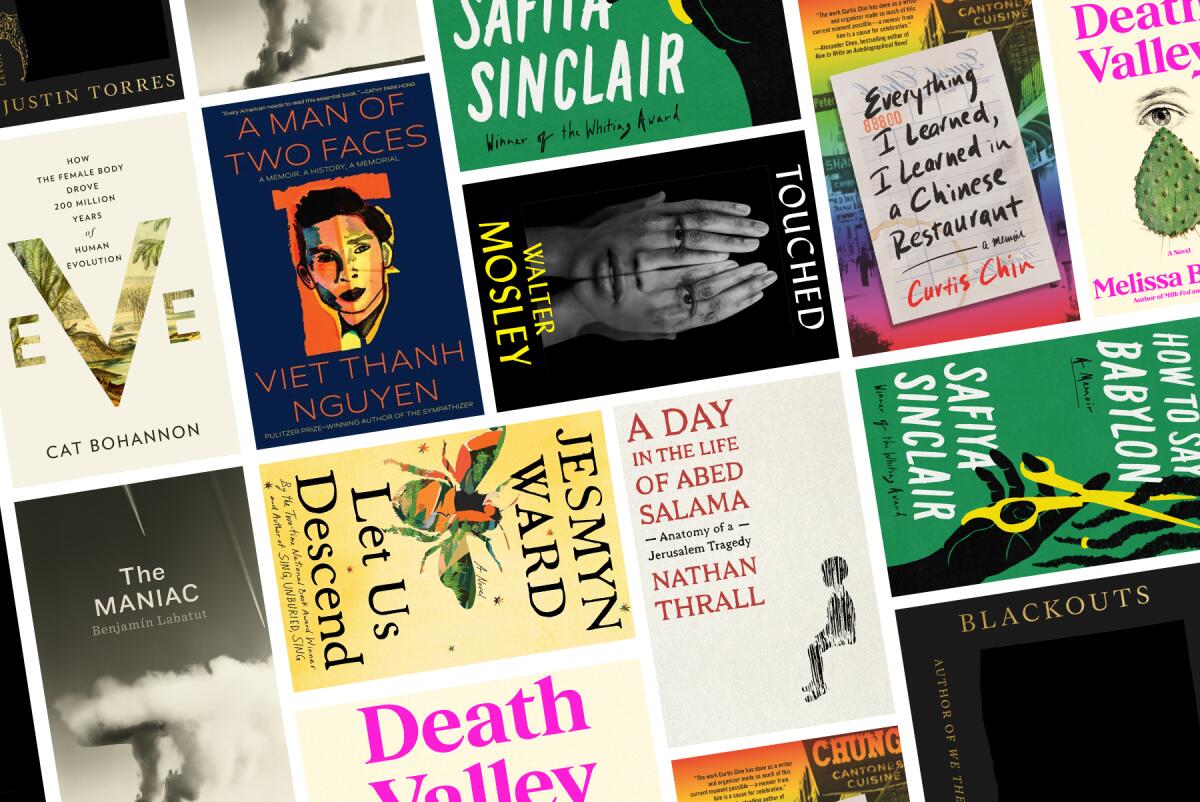
On the Shelf
10 books for your October reading list
If you buy books linked on our site, The Times may earn a commission from Bookshop.org, whose fees support independent bookstores.
Critic Bethanne Patrick recommends 10 promising titles, fiction and nonfiction, to consider for your October reading list.
Octoberâs books will take you far: From 19th century North Carolina to the modern Middle East, from a fractious Rastafari family in Jamaica to a family-run Chinese restaurant in Detroit. Centering these strong outings from authors established (Viet Thanh Nguyen) and new (Safiya Sinclair) is the double bind of family and community: the ways it can bear you up but also confine or even break you. Plus: sci-fi from Walter Mosley! Happy reading.
FICTION
Death Valley
By Melissa Broder
Scribner: 240 pages, $27
(Oct. 3)
Caught between worries about her dying father and her ill husband, a woman quite literally snags her clothes and her mind on cactus needles in the California desert. As she walks, Broderâs protagonist considers the novel sheâs writing â about a woman, caught between her dying father and her ill husband. Itâs as if M.C. Escher and Thich Nhat Hanh made installation art, but because itâs Broder, author of the hilariously dark oddball novel âMilk Fed,â the boundary-pushing hallucinatory musings make sense.
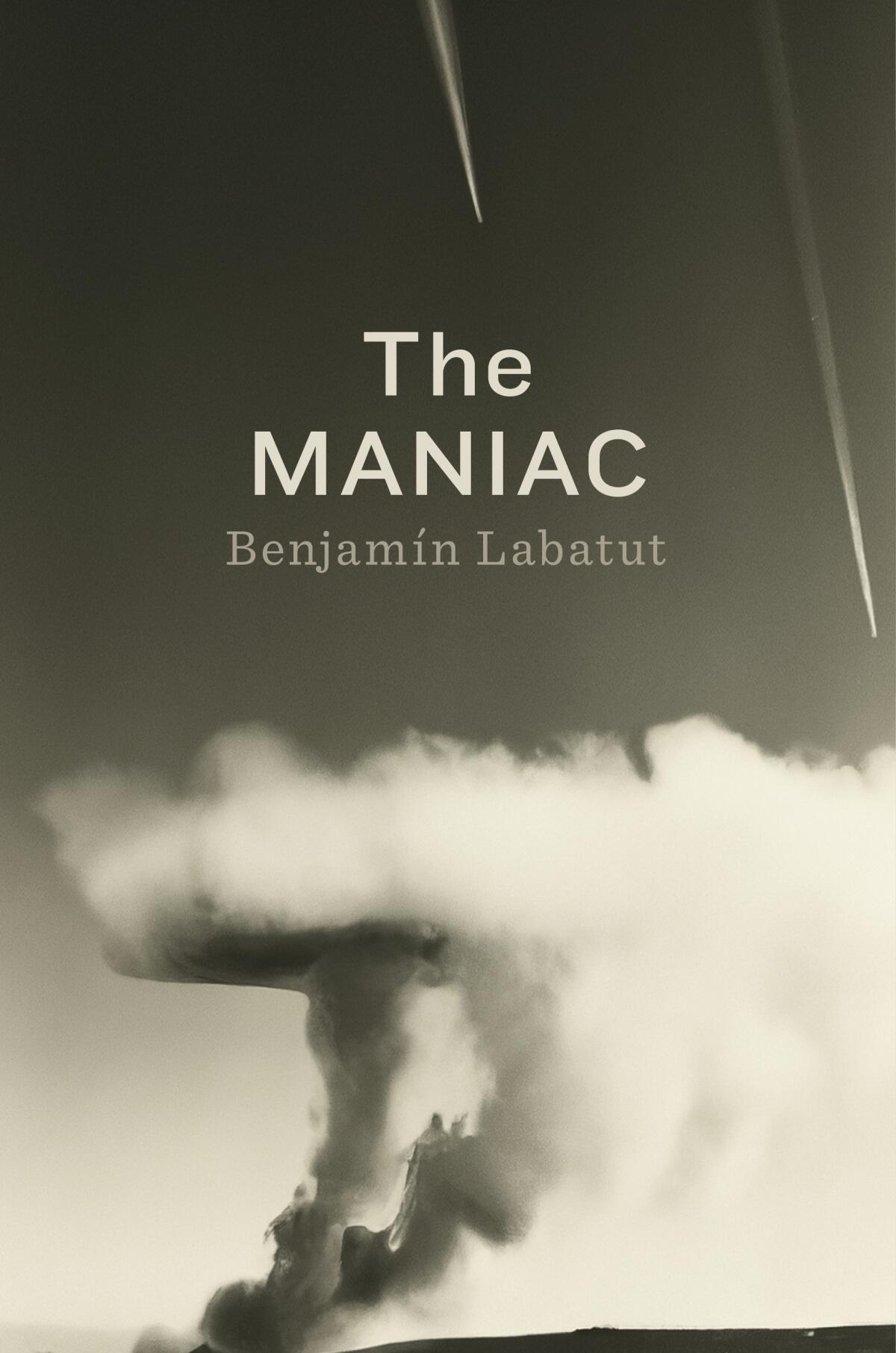
The MANIAC
By BenjamĂn Labatut
Penguin Press: 368 pages, $28
(Oct. 3)
Feeling unprepared for the impending arrival of our AI overlords? Labatut, a Chilean writer of twisty novels that bend scientific fact and fiction, has got you. His latest is about John von Neumann, the Hungarian polymath whose work on the Manhattan Project led to breakthroughs in quantum physics that are still unfolding today. But he is not the title character; that honor goes to the supercomputer MANIAC, and its uncanny role in mankindâs seeming determination to annihilate itself.
Labatutâs book examines the forces â sublime and deadly â unleashed by science. Plus, art and female autonomy in our weekly arts newsletter.
Blackouts
By Justin Torres
FSG: 320 pages, $30
(Oct. 10)
Say her name: Jan Gay. She was the primary researcher on a 1941 book called âSex Variants: A Study of Homosexual Patterns,â and she was a lesbian. Her work was then co-opted and published as proof of pathology under the name George W. Henry. In this novel about storytelling, Torres (âWe the Animalsâ) places his protagonist with a dying person named Juan, and the pair use redacted volumes to recapture personal and communal histories.
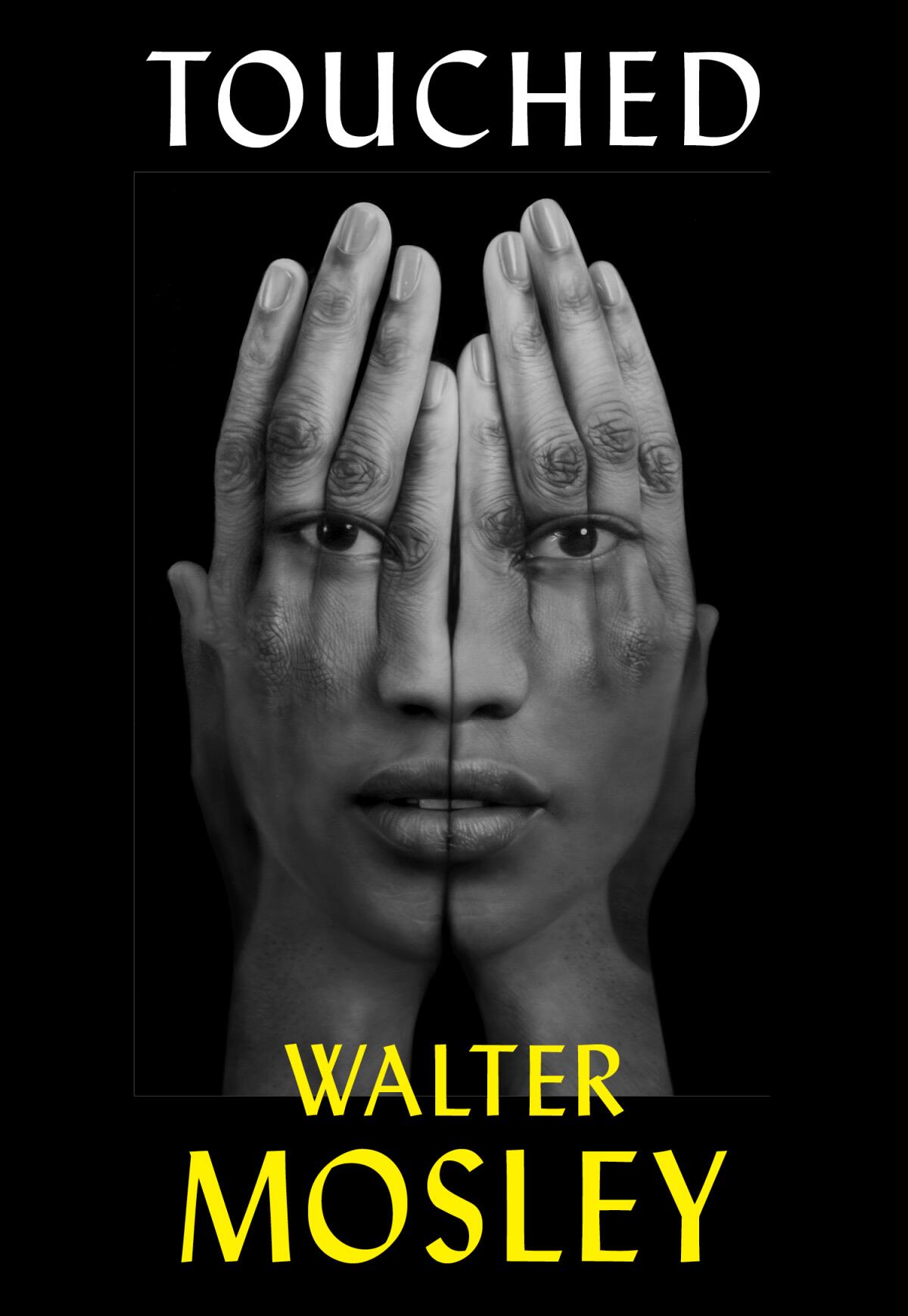
Touched
By Walter Mosley
Atlantic Monthly: 176 pages, $26
(Oct. 10)
Already a master of the thriller, Mosley turns to sci-fi in âTouched,â which he has said is the first of many planned novellas in a genre that allows a writer to break all the rules. Here, a Black man named Marty has an unusual and disturbing week from which he rebounds with supernatural powers â which he uses to incite rebellion against an intergalactic plan to finish life on Earth. Itâs like nothing else youâve ever read, and itâs so, so good.
âEvery Man a Kingâ follows the further dubious adventures of King Oliver, an ex-detective who canât help taking a few too many cases.
Let Us Descend
By Jesmyn Ward
Scribner: 320 pages, $28
(Oct. 24)
From Carolina rice fields to the slave markets of New Orleans and on to a Louisiana sugar plantation, the enslaved young woman Annis endures a hellish march, surviving through memories of her warrior grandmother; her motherâs love and training; her absent love, Safi; and an anarchic group of elemental spirits. Itâs no spoiler to point out that the brilliant Ward employs a Dantean structure as Annis makes her descent and, at last, her rebirth.
NONFICTION
Eve: How the Female Body Drove 200 Million Years of Evolution
By Cat Bohannon
Knopf: 624 pages, $35
(Oct. 3)
Bohannon, who holds a PhD in narrative and cognition, takes on a story nearly too big to tell: how biological women influenced the human race. Without breasts and blood, wombs and placentas, our race wouldnât have much of a story to tell, Bohannon argues â and it might not have tools either, since women may have been first to figure out they needed something to help them adapt to the world around them.
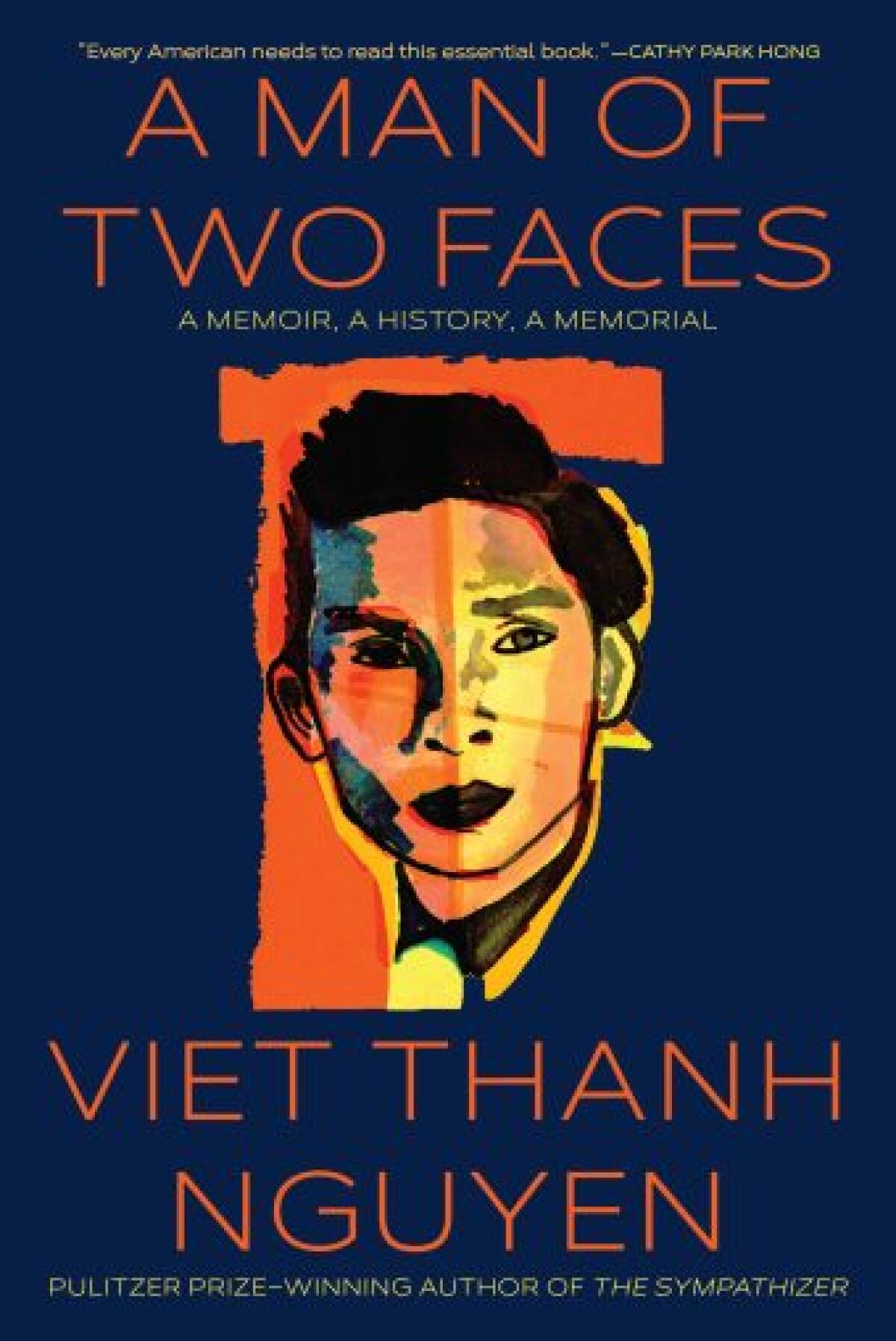
A Man of Two Faces: A Memoir, A History, a Memorial
By Viet Thanh Nguyen
Grove Press: 400 pages, $28
(Oct. 3)
Nguyen, one of todayâs most important writers, structures his memoir around learning how to be a man through being a son and then a father. Forced to flee Vietnam with his family as a child, Nguyen grew up around violence in San Jose â his parents were shot in their grocery store when he was 9. But as he grew up and identified as American too, he wondered about this dual legacy, which so infused his Pulitzer Prize-winning fiction. Here he ponders how it has shaped him.
After a panel for the Festival of Books, Viet Thanh Nguyen discusses his forthcoming novel âThe Committed,â the sequel to âThe Sympathizer.â
How to Say Babylon: A Memoir
By Safiya Sinclair
37 Ink: 352 pages, $29
(Oct. 3)
Now a poet living in the United States, Sinclair was once taught to reject all of âBabylon,â the vestiges of empire that Rastafari like her father believed kept Jamaica from its rightful glory. Unfortunately, Sinclairâs father was a bad Rasta and a worse parent; he terrorized his family with rigid rules, flights of temper and occasional beatings. Not only is Sinclairâs writing superb, its power is matched by the wild truth of the story.

A Day in the Life of Abed Salama: Anatomy of a Jerusalem Tragedy
By Nathan Thrall
Metropolitan: 272 pages, $30
(Oct. 3)
Reading this Middle East expertâs account of a Palestinian worker and activist and the death of his angelic 5-year-old son, Milad, is tough â and necessary. The bus accident that took the boyâs life in 2012 was caused in no small part by the neglected infrastructure that makes Palestinian Jerusalem a miserable, dangerous place to live. By narrowing the focus to one familyâs loss, Thrall humanizes the consequences of systemic decay.
Safiya Sinclair was raised to be Rastafari; instead, she became a poet. Why it took her more than a decade to write the lyrical memoir âHow to Say Babylonâ
Everything I Learned, I Learned in a Chinese Restaurant: A Memoir
By Curtis Chin
Little, Brown: 304 pages, $30
(Oct. 17)
Chin, a filmmaker and co-founder of the Asian American Writers Workshop, grew up in Detroit, doing homework and having meals at his familyâs restaurant, Chungâs Cantonese Cuisine. His memoir focuses on the ways Chungâs served as a haven for this gay ABC (American-Born Chinese) boy, helping him navigate many different cultures and identities over a simple, nourishing plate of almond chicken.
More to Read
Sign up for our Book Club newsletter
Get the latest news, events and more from the Los Angeles Times Book Club, and help us get L.A. reading and talking.
You may occasionally receive promotional content from the Los Angeles Times.

